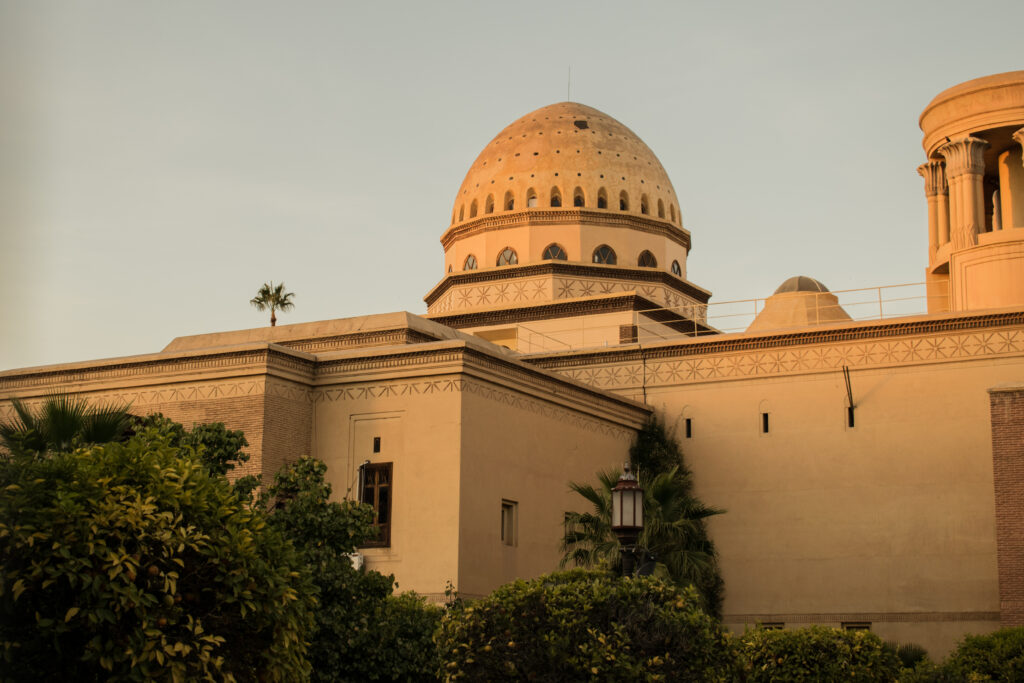
In a noteworthy judgment, the Delhi High Court has held that pending criminal cases do not automatically disqualify a person from seeking or accepting opportunities abroad. The ruling reinforces the principle that an accused is presumed innocent until proven guilty and that the right to travel is part of the constitutional guarantee of personal liberty.
The Case at a Glance
In the matter before the Court, the petitioner had criminal cases pending and sought permission to travel overseas for employment purposes. The investigating agency opposed the plea, arguing that allowing international travel could jeopardize the trial or lead to evasion of justice.
Court’s Key Observations
The Delhi High Court made the following significant points:
1. Presumption of Innocence
The Court reiterated that a person facing trial is still entitled to fundamental rights, including Article 21 of the Constitution, which guarantees personal liberty. Merely being an accused does not mean forfeiture of these rights.
2. No Blanket Restrictions
Travel cannot be barred solely because criminal proceedings are pending. Each case must be considered on its own facts, especially the nature of the offence, the accused’s conduct, and compliance with previous bail conditions.
3. Conditions Can Be Imposed
The Court clarified that permissions to travel can be granted with safeguards such as:
- Providing travel itinerary and address abroad
- Depositing a security or surety bond
- Ensuring return within a specific timeframe
- Keeping the court informed about movements
4. Global Opportunities Shouldn’t Be Denied Arbitrarily
The Court emphasized that global mobility is a reality in today’s professional landscape, and individuals—unless declared offenders or proven flight risks—should not be denied access to such opportunities based solely on pending cases.
Legal Position on Foreign Travel During Criminal Proceedings
Indian courts have consistently held that:
- Bail does not restrict travel unless specifically conditioned
- Accused persons can move applications before the trial or High Court for permission to travel
- Courts retain discretion to grant or refuse based on risk assessment
Implications of the Ruling
- A balanced approach: Ensures neither justice delivery nor individual liberty is compromised
- Encouragement of rehabilitation and economic participation, even while under trial
- Sets precedent for courts across India to consider merit over suspicion
Conclusion
The Delhi High Court’s decision highlights that fundamental rights cannot be suspended merely due to accusations. Courts must weigh risks and rights carefully—while preventing misuse of freedom, they must also ensure that life opportunities are not curtailed by unproven allegations.
For individuals with pending cases seeking to travel or work abroad, legal permission is possible—but must be pursued through proper channels with transparency and legal support.

